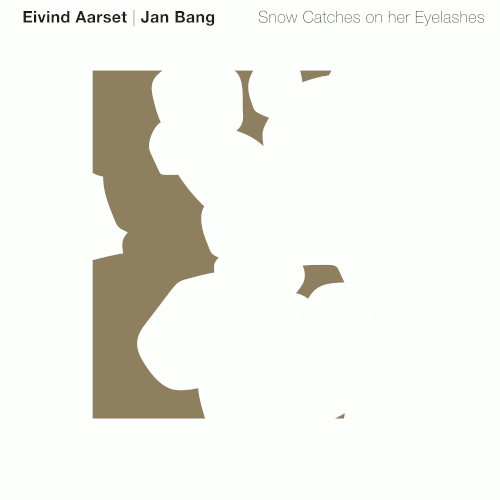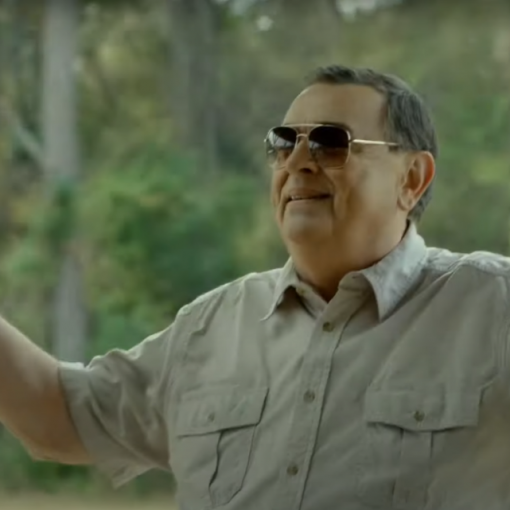 Sam Britton, the polymath behind Isambard Khroustaliov, originally trained as an architect, but was swayed into electronic composition early on and has been recording for the last twenty years or so, often in collaborations. The likes of percussionist Maurizio Ravalico and trumpeter Tom Arthurs have crossed his path recently, but here on This Is My Private Beach, This Is My Jetsam, we have the sounds of a musician searching, trying to tie the electronic sounds of tomorrow to a vision of the ancient past and configure a landscape that is all his own.
Sam Britton, the polymath behind Isambard Khroustaliov, originally trained as an architect, but was swayed into electronic composition early on and has been recording for the last twenty years or so, often in collaborations. The likes of percussionist Maurizio Ravalico and trumpeter Tom Arthurs have crossed his path recently, but here on This Is My Private Beach, This Is My Jetsam, we have the sounds of a musician searching, trying to tie the electronic sounds of tomorrow to a vision of the ancient past and configure a landscape that is all his own.
The introduction of what seems like children’s voice loops on “Atoll Song” inject some humanity into the proceedings and seem to forward us millions of years. There is a gentleness here that is not just because we recognise ourselves in the voices, and so find it more comforting, but it is oddly rhythmic. The calming gong-like emanations from dishes and bowls lull and soothe, and the ever-circling loop of gently morphing voices clings to our memories of childhood.
Things become difficult on final track “Eb-Ub-Ob-Aa” and we as listeners are sorely tested. Needles scrape across records, and things are torn and rent in a much more disparate scattering of sounds. Voices appear again, but are much more anxious, juddering as if caught on an out of control radio dial. These are set against the scrape of dentist drills and cartoon chases, gentle drones and hospital machines, the resonance of minerals and a clash of the earth’s building blocks. The voices do try and humanise the incessant movement, but it is intolerable at points, like being in a playground split in two; on one side the children play their games, on the other the world is torn apart and you are stood in the middle, helpless.This is difficult, intense, brilliant, harsh. Is it music? I don’t know, but it is worth investigating because it is moving so far from everything else, like a glimpse of the future that is the end of things.
-Mr Olivetti-



